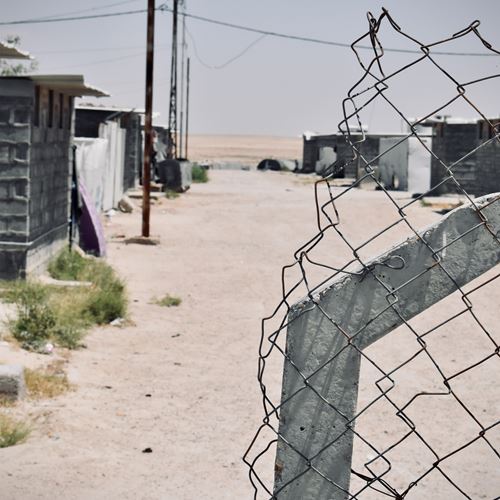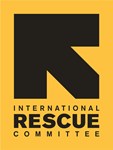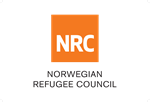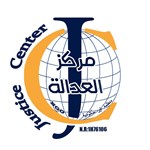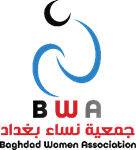The new report Life in the Margins released on International Identity Day by the Danish Refugee Council (DRC), the Norwegian Refugee Council (NRC), the International Rescue Committee (IRC), the Justice Center, and others finds that nearly five years after the declared end of the conflict, access to civil documentation remains highly limited for displacement-affected households in Iraq. Internally displaced persons (IDPs) that cannot access government offices, families with perceived affiliation to the Islamic State (IS), and women-headed households, in particular face multiple challenges in applying for civil documentation.
While some progress in issuing civil documentation has been made since 2019 as the number of people lacking civil documentation has decreased, those still lacking crucial forms of ID are at continued risk of exclusion from key public services, including access to healthcare and education.
Documents people lack are as simple as those that prove residence, marriages, births, and deaths, and the new Iraqi unified ID card that is critical for accessing monthly food rations. Bureaucratic and administrative barriers, a lack of capacity within the Civil Affairs Directorates (CADs) that issue documentation, and security clearance requirements as a result of perceived affiliation with IS are all among contributing factors in what the agencies report as a complex web of obstacles preventing vulnerable people from getting the documents they need.
“These households have been relegated to the margins of society without key pieces of civil documentation, which compounds and reinforces other vulnerabilities,” said James Munn, Country Director for NRC in Iraq. “Without your identity papers you can’t access services, you can’t freely move through checkpoints, and you can’t move beyond five years of suffering since the declared end of the conflict.”
Fredrik Pålsson, Country Director for DRC in Iraq, said, “Lack of civil documentation makes situations that are already challenging for families even more difficult. People cannot prove their home belongs to them, they cannot get work, and they fall between the cracks of assistance from aid agencies and the state. For all of Iraq to pursue inclusive recovery, urgent action at the highest levels is needed to help people get the documentation they need.”
Aid groups are calling on the Government of Iraq, donor governments, and the leadership of the aid response to commit to helping people finally get the critical documentation they are entitled to. Support is also required to ensure that groups who face particular challenges traveling to government offices, or those who are at heightened risk of harassment, are able to do so freely.
The IRC’s Country Director Samar Abboud stated, “A lack of civil documentation continues to stand in the way of women and female-headed households achieving their basic rights, such as freedom of movement, employment, and education, for them and their children. They cannot resume their lives when the system is stacked against them like this. There are clear steps officials can take, such as de-linking access to documentation from security procedures that would have an immediate and positive outcome for thousands of vulnerable households. ”
The seven aid groups raise the need to allow IDPs to apply for civil documentation in their area of displacement and to de-link security clearance requirements from civil documentation processes. Amidst the winding down of the humanitarian response, outstanding policy level barriers to access to civil documentation must urgently be addressed.
“In Iraq, legal documentation plays a significant role in people’s resilience; for many, it is indispensable to daily life. We hope that in this period of transition, all actors step up their related programming for those most affected, and that it’s considered a priority in discussions at all levels,” says Adnan Gorani of the Justice Center.
Life in the Margins was possible thanks to funding by the EU's Directorate General for European Civil Protection and Humanitarian Aid Operations (ECHO).
